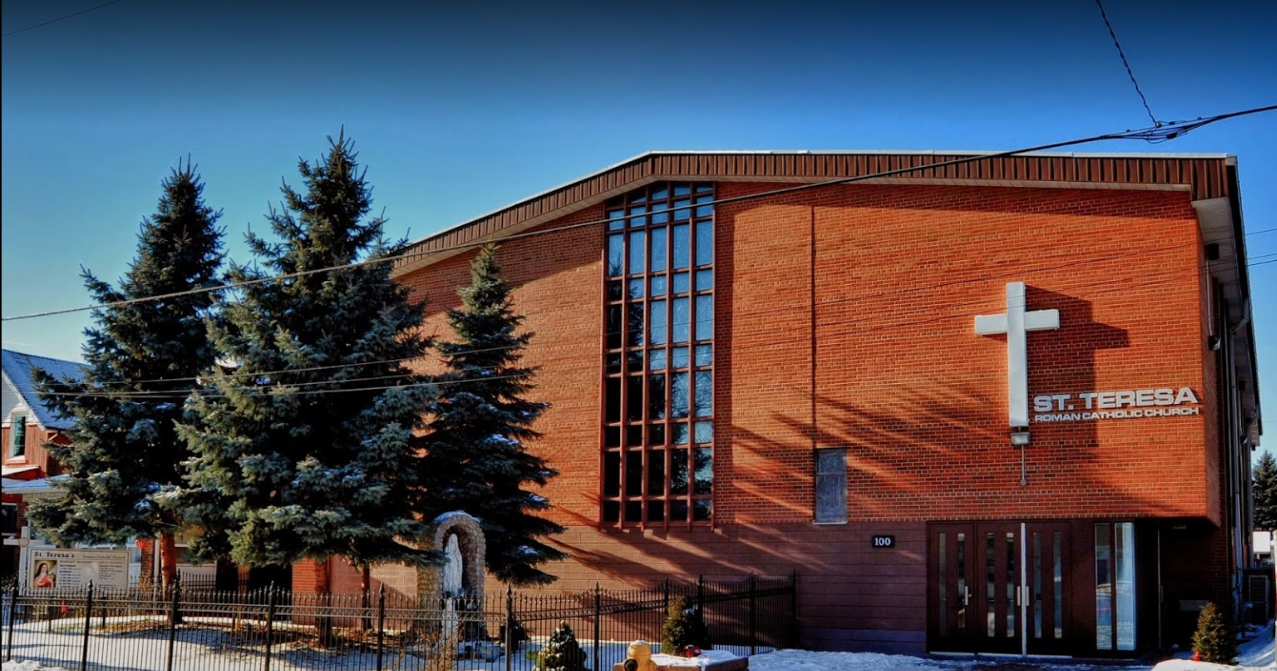- Strona główna
-
Nasza wspólnota
- Archdiocese of Toronto
- Catholic Cemeteries
- Wolontariat
- Dostępność
- Polityka bezpiecznego środowiska
- Nasza wiara
- Nasze duszpasterstwa
- Życie parafialne
- Biuletyn
- Skontaktuj się z nami
- Wyszukaj

Reflections on the Papal Visit, One Year Later
Written by John Ecker
One year ago, Pope Francis made his penitential pilgrimage to Canada. The theme of his visit was "Walking Together."
At the outset of his journey, in Maskwacis, Alberta, His Holiness said, "I am sorry. I ask forgiveness, in particular, for the ways in which many members of the Church and of religious communities cooperated, not least through their indifference, in projects of cultural destruction and forced assimilation promoted by the governments of that time, which culminated in the system of residential schools."
Over his five days in Canada, Pope Francis would reiterate his apology everywhere he went. The sorrow was accompanied by encouragement – especially for young people, to soar above "a world that seems constantly to be dragged down by scandals, wars, fraud, injustice, environmental destruction, indifference towards those in need, disillusionment from those who should be giving an example."
I had the privilege of working on the papal visit, assigned as the Program and Production Lead for Iqaluit. I began my work in mid-May, less than three months before the Pope’s arrival in Canada. It was an exhilarating time and an honour to work beside so many Inuit who brought their knowledge, talents, and perspectives to the shared table.
The Pope's time in Iqaluit, before departing for Rome, would be brief. After an official airport welcome, he privately met with over 100 residential school survivors from across Nunavut. Then, during the public event, the Pope witnessed several cultural performances—drumming, dancing, and throat singing, that demonstrated the people's talent and resilience.
Early in the planning process, Fr. Daniel Perrault, Pastor of Our Lady of the Assumption Parish in Iqaluit, suggested that a choir sing the Our Father, in Inuktitut, for Pope Francis. Father Daniel told me "everyone" knows it in Nunavut. "Everyone?" I asked—with what must have sounded like skepticism. He emphatically assured me that if it were sung, I would see that "everyone" in the gathered crowd would sing along.
The decision to include the sung prayer did not come easily. On the one hand, some viewed the inclusion of the Christian prayer as outside the traditional cultural performances envisioned for the program. It could be offensive to some, if not 'triggering.'
On the other hand, the Inuktitut language had been suppressed in residential schools. What better way to demonstrate 'walking together' than a non-Inuit priest, side-by-side with Inuit Christians, proclaiming the Lord's Prayer, a prayer that says much about forgiveness and resistance to temptation— in the once-banned language. And, the government of Nunavut has long encouraged all who live there, regardless of heritage, to learn the Inuit language.
On the evening of the Pope's visit, the program unfolded as planned. The cultural performances were spectacular. Residential school survivor Piita Irniq presented a drum in thanks to the Pope. As planned, the choir sang the Lord's Prayer in Inuktitut.
The Pope's final message before he departed for Rome was clear and largely directed to Inuit youth—the hope for the future. "Friends, keep walking upwards, come to the light each day, and be part of a team! Do all this within your own culture and in the beautiful Inuktitut language. It is my hope and prayer that, by listening to your elders and drawing from the richness of your traditions and your personal freedom, you will embrace the Gospel preserved and handed down by your ancestors, and thus come to see the Inuk face of Jesus Christ."
The next morning, I called home to my wife Helen, as we had not spoken for a few days while I was working in Iqaluit. She said she watched the whole event. It was powerful and the performances were excellent. The part that affected her most was when the choir sang the Our Father. As the camera panned across the gathered crowd. "It looked like almost everyone was singing along with the choir. It nearly brought me to tears."
